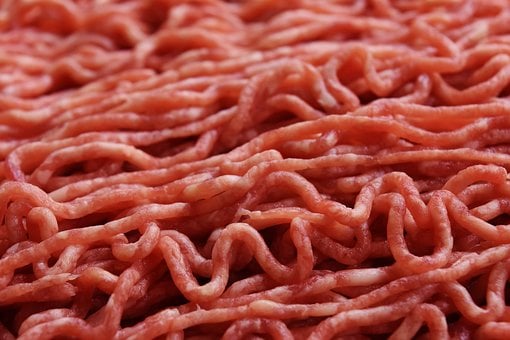A study published in the journal Proceedings of the Royal Society B suggests that the dilution of protein in modern diets by fat and carbohydrate-rich processed foods is driving increased energy intake, contributing to obesity. The study, based on the concept of “protein leverage,” proposes that when protein is diluted in the diet, individuals tend to consume more food to satisfy their natural protein drive, leading to excessive calorie intake.
The authors point out that humans, like many other species, have a strong regulation of protein intake compared to other dietary components. When protein levels are low in the diet, the body compensates by increasing food intake to meet its protein needs. This mechanism can drive overeating and contribute to obesity when people consume diets high in processed foods with low protein content.
The study highlights the importance of protein intake in regulating food consumption and suggests that an increased focus on the protein content of diets may be essential for addressing the global obesity epidemic. The World Health Organization has identified obesity as a significant health threat, and understanding the role of protein in dietary choices and energy regulation is crucial for developing effective strategies to combat obesity.
The authors emphasize the need for integrative approaches that consider various factors contributing to obesity, rather than viewing them in isolation. By understanding how different factors interact, researchers and policymakers can develop more effective interventions to address the complex issue of obesity.
The study calls for a broader perspective on nutrition and obesity, considering not only individual nutrients but also how they fit into the overall dietary context. This approach may help identify sustainable intervention points for addressing the rising incidence of obesity and its associated health complications.

